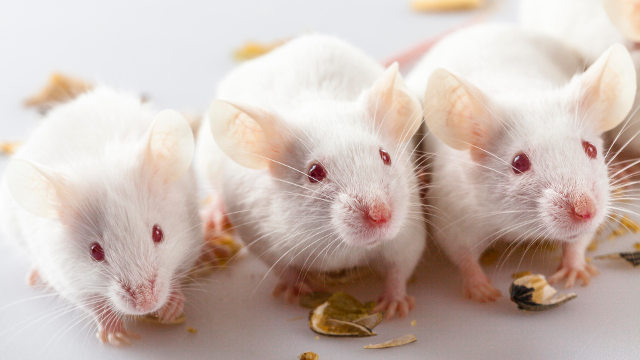 ISTOCK, TIRIPEROAround half of all organ transplants in humans are rejected by the recipient's immune system within 10 to 12 years. Scientists studying mice have now identified a key cell receptor that triggers this process. Their results were published last week (June 23) in Science Immunology.
ISTOCK, TIRIPEROAround half of all organ transplants in humans are rejected by the recipient's immune system within 10 to 12 years. Scientists studying mice have now identified a key cell receptor that triggers this process. Their results were published last week (June 23) in Science Immunology.
"For the first time, we have an insight into the earliest steps that start the rejection response," study coauthor Fadi Lakkis of the University of Pittsburgh's Thomas E. Starzl Transplantation Institute, says in a statement. "Interrupting this first recognition of foreign tissues by the innate immune system would disrupt the rejection process at its earliest inception stage and could prevent the transplant from failing."
Using positional cloning, a method that can identify genetic mutations, Lakkis and colleagues discovered that SIRP-alpha, a cell-surface receptor that varies across individual mice, was responsible for activating the innate immune response—the body's first-line, nonspecific defense mechanism. When the researchers transplanted tissue from one mouse into a host animal with different SIRP-alpha receptors, the molecule bound to the CD47 receptor on ...





















